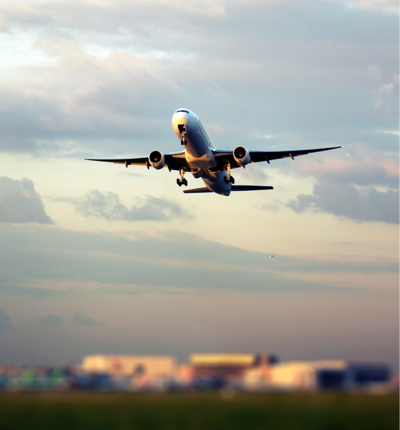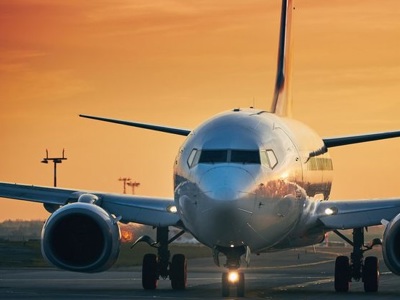
Climate charity files complaint against major airlines over 'misleading' environmental claims
Lawyers acting for climate charity Possible have filed formal complaints against both British Airways (BA) and Virgin Atlantic over their claims that they are reducing emissions from flights and the consequent harm to the climate, via increased efficiency, carbon offsets, and the use of alternative fuels.
Posted on 30 November 2023
The complaints argue that both airlines are misleading consumers about their efforts to reduce carbon emissions from flights, as it is unlikely that members of the public will have the expertise needed to understand the limitations of decarbonisation technology and how it applies to flights today, and factor that into their decisions about how to travel.
It is therefore essential for airlines, who “communicate directly with customers and prospective customers about these issues, to be honest and accurate about what they can actually achieve to reduce emissions while continuing to fly,” the complaints state.
The complaints have been filed under the formal mechanism set out by the Organisation for Economic Co-operation and Development (OECD) by Possible in collaboration with its legal team at law firm Leigh Day and 11KBW Chambers. The OECD allows for complaints to be filed at one of their National Contact Points (NCPs) regarding a breach of the Guidelines for Multinational Enterprises. The UK’s National Contact Point is part of the Department for Business and Trade.
British Airways claims to be “driving urgent action towards net zero emissions” and said it has a “clear roadmap to achieving net zero carbon emissions by 2050.” But, analysis by Possible has found that BA’s emissions from jet fuel has increased year-on-year between 2016 and 2019.
Similarly, Virgin Atlantic has a “Mission to Net Zero” plan that features prominently on its website and in its 2022 Annual Report, and fails to mention the airline previously falling short of its emissions targets. Possible believes this is crucial information for consumers.
The complaint was filed a week before Virgin Atlantic, one of the airlines named, operated a test flight from London to New York on November 28, running entirely on alternative aviation fuel, also described by the aviation industry as Sustainable Aviation Fuel (SAF).
Possible argues that the airlines’ claims about the emissions reductions which can be achieved by using alternative fuels are misleading, and they will not achieve the emissions reductions which are claimed.
Alethea Warrington, senior campaigner at climate charity Possible, said:
“People around the world are feeling the dangerous impacts of the climate crisis. But instead of taking real action to cut their emissions by cutting back on flights, airlines are making misleading claims about being able to fly greener.
“The reality is that technologies for cleaner flight either don’t exist yet, or don’t work. We think that airlines’ misleading claims about their emissions are unfair on people who want to do the right thing when they travel. It’s time for airlines to start being honest about their sky-high emissions.”
Tom Short, solicitor at Leigh Day law firm, said:
“Our client, Possible, has this week filed two complaints with the OECD’s UK National Contact Point alleging that marketing by British Airways and by Virgin is misleading and hides from customers the true climate impact of flying. The claims made to customers by each airline that significant emissions reductions are being achieved subvert the truth that there is no realistic pathway to net zero emissions for the aviation industry.”

Airport emissions campaigners call on Transport Secretary to justify expansions policy
Campaigners who fought the expansion of Bristol Airport have joined with the Aviation Environment Federation (AEF) to ask the Transport Secretary to help them understand how the Government airports planning policy fits with its net zero greenhouse gas emissions pledges.


